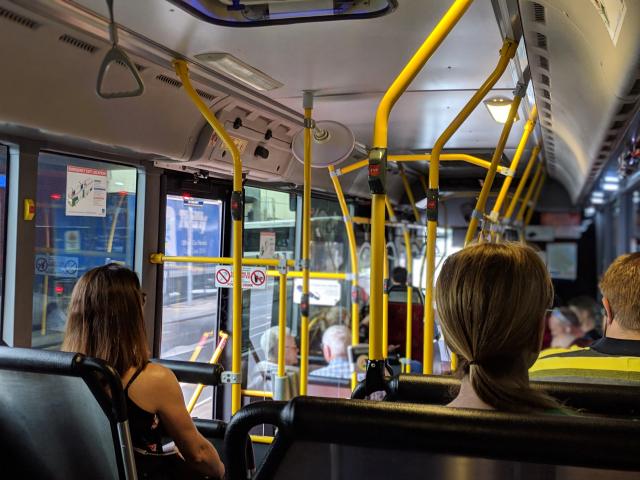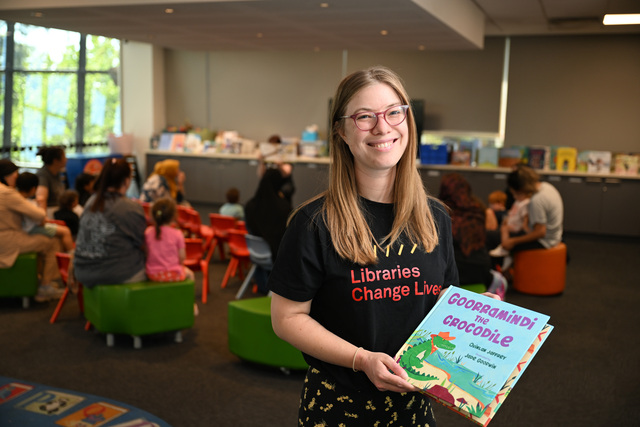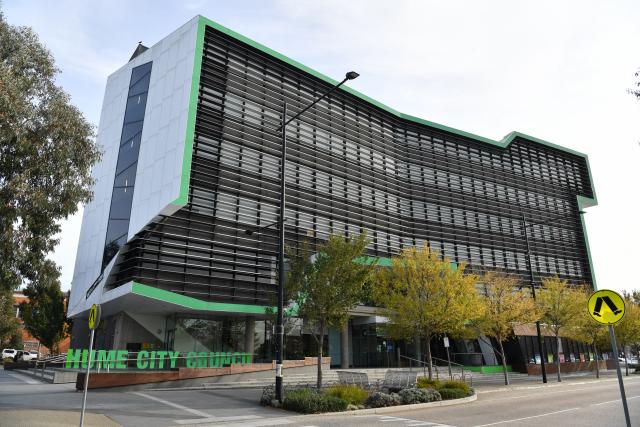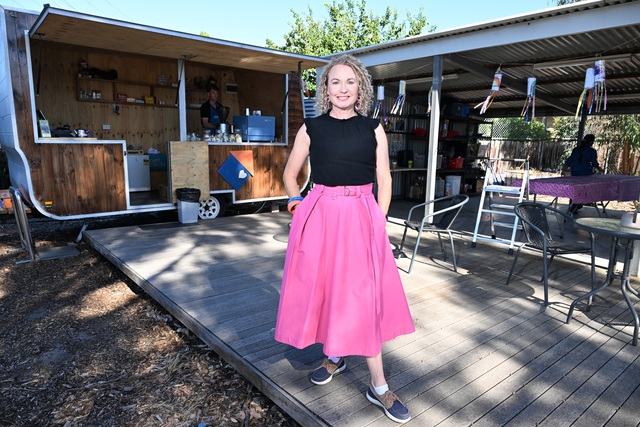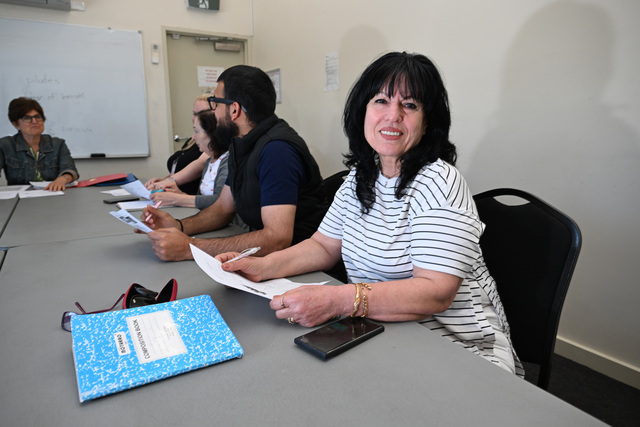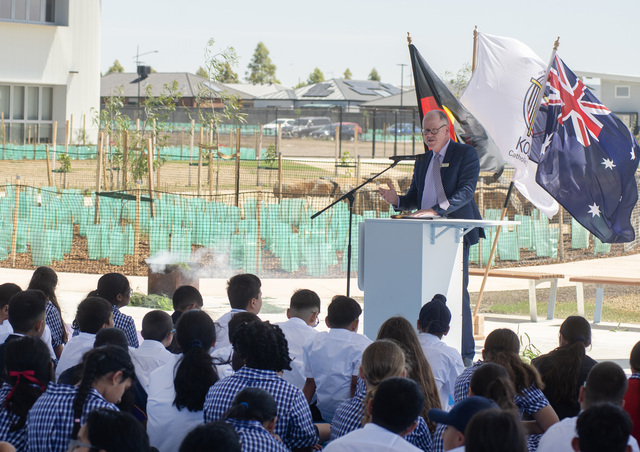The school trip has come a long way from a week spent camping out at the nearest nature park. Language students conjugate verbs in Paris and Shanghai, humanities classes rub shoulders with the powers that be in Washington DC, and budding artists head to Florence and Rome to inspire their next masterpiece.
The number of overseas study tours schools offer has grown steadily, but the options for overseas travel don’t end there for students.
Immersion trips to developing countries are also becoming popular as an alternative to the study tour. They offer students the opportunity to expand their knowledge of the developing world and the people who live there.
Marcellin College in Bulleen has offered a Cambodian immersion trip to its year 11 students each December for the past three years.
Rana Brogan is director of mission at the school, and a member of the teaching group that developed the program in 2011. She says the 14-day trip to Phnom Penh, Battambang and Pailin embodies the school’s Marist values by offering students the chance to contribute to improving a developing community.
“Being a Catholic school, part of what we draw from that is our call to serve … it’s about going out there and doing the sort of work that Jesus would have done in his day,” she says.
Students have taught English at local schools, helped to build community facilities and learned about ongoing humanitarian projects in the area.
“Part of the experience is to live as the people in that community live, so we don’t stay in five-star hotels or anything … the focus is on building relationships with locals so that people get the sense that we’re here, we’re among them.”
There was nothing five-star about accommodation for Loyola College students Alexandra McGill and Tanya Vo, who have recently returned from an immersion trip to East Timor. The students travelled with representatives of eight Jesuit and Jesuit-partner schools from across Australia, visiting the capital, Dili, as well as the townships of Railaco and Kasait.
They worked in medical clinics, taught in schools, spent time with prisoners and helped with Jesuit community projects, sleeping on
the concrete floors of old classrooms for the duration of their stay.
Staff member Lisa Hussey accompanied the students to East Timor and says that while the immersion is an important part of the school’s annual fund-raising for developing countries, students get just as much out of it.
“[The students] were able to learn about things such as health care, political stability, global trade, malnutrition … they’ve seen a culture that appreciates their education system and makes sacrifices for their families.”
Tanya Vo says the trip appealed to her more than a language or study tour because of the opportunity to do some hands-on work in the developing world.
“I’ve always wanted to help people in third-world countries like East Timor,” she says.
“My dream is to study international law and social justice, and my experience in East Timor has strengthened my resolve to study harder to achieve that.”

